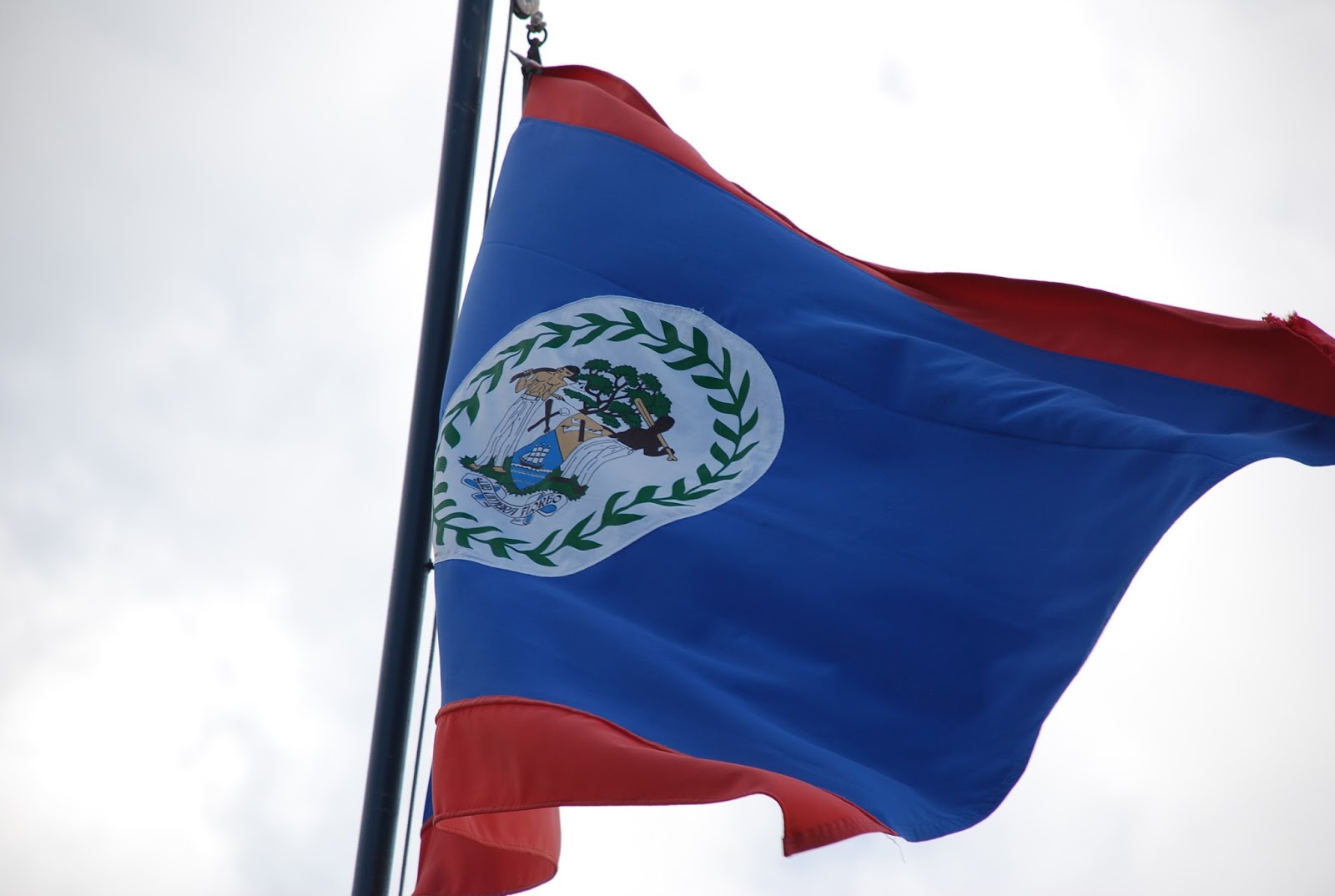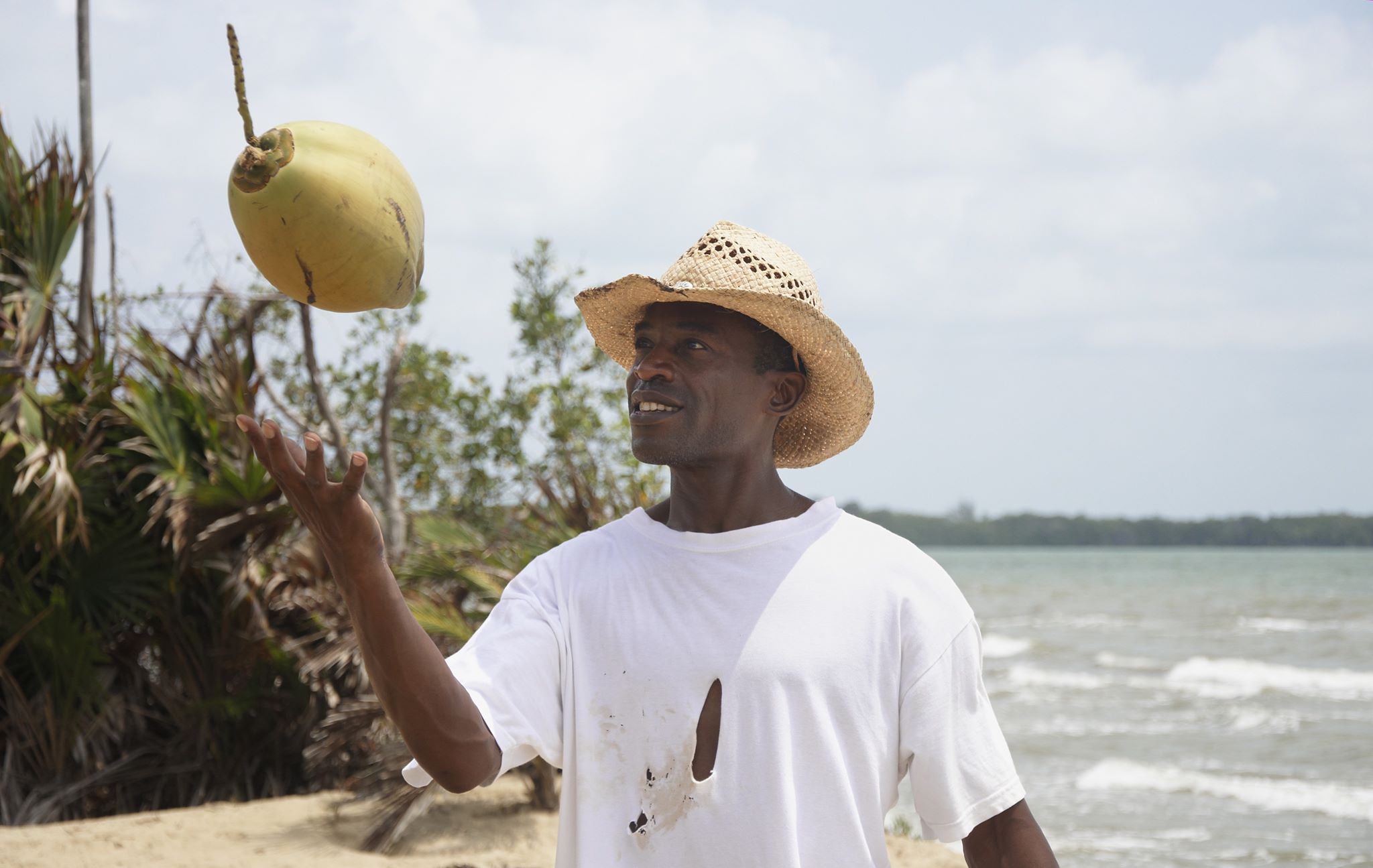Language for belize – Embark on a linguistic journey through Belize, where a vibrant tapestry of languages weaves together a rich cultural heritage. From the melodic tones of Belizean Creole to the historical influence of Spanish and the enduring presence of Mayan languages, Belize’s linguistic landscape is a testament to its diverse population and storied past.
This exploration delves into the history, significance, and challenges surrounding language in Belize, providing a comprehensive understanding of its role in shaping the nation’s identity, education, and social interactions.
Belizean Creole
Belizean Creole is an English-based creole language spoken in Belize. It developed during the 17th and 18th centuries as a means of communication between the various ethnic groups that arrived in Belize, including African slaves, British colonists, and Maya Indians.
Belizean Creole is a vibrant and dynamic language that is widely used in Belize today.
Phrases and Translations
Here are some examples of Belizean Creole phrases and their English translations:
- Mek wi go eat.– Let’s go eat.
- Wah you di do?– What are you doing?
- I di go dah shop.– I’m going to the store.
- You noh si mi?– Don’t you see me?
- Mi di hungry.– I’m hungry.
Cultural Significance
Belizean Creole is an important part of Belizean culture. It is used in all aspects of life, from everyday conversation to formal speeches. Creole music is also very popular in Belize, and many Belizean artists sing in Creole. Belizean Creole is a symbol of Belizean identity and is a source of pride for many Belizeans.
Spanish in Belize

The influence of Spanish in Belize dates back to the 16th century when Spanish explorers arrived in the region. Over time, Spanish became the official language of Belize, and it remains an important language in the country today.
Regions in Belize Where Spanish Is Commonly Spoken
Spanish is spoken in various regions of Belize, including:
- Corozal District
- Orange Walk District
- Cayo District
- Toledo District
In these areas, Spanish is widely used in everyday communication, education, and commerce.
Role of Spanish in Education, Government, and Commerce, Language for belize
Spanish plays a significant role in Belize’s education system. It is taught as a subject in schools and is the medium of instruction in some schools in the Spanish-speaking regions.
In government, Spanish is used in official documents and proceedings. It is also used in the judicial system, where interpreters are available to assist Spanish-speaking individuals.
In commerce, Spanish is essential for communication with customers and business partners in Spanish-speaking countries. Many businesses in Belize cater to Spanish-speaking tourists and offer services in Spanish.
Mayan Languages in Belize

Belize is home to a diverse array of Mayan languages, each with its own unique history, cultural significance, and geographical distribution.
Mayan Languages in Belize
- Mopan: Spoken in southern Belize by the Mopan Maya, it is closely related to the Yucatec Maya language of Mexico.
- Kekchi: Predominantly spoken in the Toledo District, Kekchi is also spoken in neighboring Guatemala and is known for its complex tonal system.
- Q’eqchi’: Spoken in the northern and western regions of Belize, Q’eqchi’ is closely related to the K’iche’ language of Guatemala.
- Yucatec Maya: Spoken by a small community in northern Belize, Yucatec Maya is the most widely spoken Mayan language in the world.
Efforts to Preserve and Revitalize Mayan Languages in Belize
Efforts to preserve and revitalize Mayan languages in Belize have been ongoing for several decades. These efforts include:
- Bilingual Education: The Belizean government has implemented bilingual education programs in schools where Mayan languages are spoken.
- Community-Based Initiatives: Local communities have established language revitalization projects, such as the Mopan Maya Language Project.
- Research and Documentation: Scholars and linguists have conducted extensive research and documentation on Mayan languages in Belize.
These efforts have contributed to the preservation and revitalization of Mayan languages in Belize, ensuring their continued use and vitality for future generations.
English in Belize

English holds a significant position in Belize, with a rich history and widespread use. Its influence extends across various aspects of Belizean culture and society.
Official Status and Usage
English serves as the official language of Belize, enjoying widespread use in government, education, business, and media. The majority of Belizeans speak English as their first or second language, fostering communication and unity among the diverse population.
Historical Roots
The presence of English in Belize dates back to the 17th century when British settlers established the colony of British Honduras. English became the language of administration and commerce, shaping the linguistic landscape of the country.
Influence on Culture and Society
English has profoundly influenced Belizean culture and society. It is the language of literature, music, and film, contributing to the country’s cultural identity. English-speaking Belizeans often adopt cultural practices and values from English-speaking countries, enriching the nation’s heritage.
Language Policy in Belize: Language For Belize
The language policy of Belize aims to promote and preserve the country’s diverse linguistic heritage while fostering national unity. The policy recognizes English as the official language but also promotes the use of Spanish, Belizean Creole, and Mayan languages in education, government, and public life.
One of the key goals of the language policy is to ensure that all Belizeans have access to education and government services in a language they understand. This is particularly important for indigenous Mayan communities, who have historically faced linguistic barriers in accessing these services.
Challenges in Implementing the Language Policy
Implementing the language policy in Belize has presented several challenges, including:
- Lack of resources:The government has limited resources to support the teaching and promotion of Belizean languages, particularly in schools.
- Limited teacher training:Many teachers are not adequately trained to teach in Belizean languages, which can hinder the effectiveness of language instruction.
- Societal attitudes:Some Belizeans still hold negative attitudes towards Belizean Creole and Mayan languages, which can create barriers to their use in public life.
Successes in Implementing the Language Policy
Despite these challenges, the language policy has also achieved some notable successes:
- Increased use of Belizean languages in education:Belizean Creole and Mayan languages are now taught in schools across the country, providing students with the opportunity to learn and use their native languages.
- Recognition of Belizean languages in government:The government has taken steps to recognize Belizean languages in official documents and government proceedings.
- Promotion of Belizean languages in public life:Belizean languages are increasingly being used in media, literature, and other forms of public expression.
Role of the National Institute of Culture and History
The National Institute of Culture and History (NICH) plays a crucial role in promoting Belizean languages. NICH supports research on Belizean languages, develops language teaching materials, and organizes cultural events that celebrate Belize’s linguistic diversity.
Final Wrap-Up

In Belize, language is not merely a means of communication but a vibrant expression of cultural heritage and a bridge between the past and present. As the nation continues to navigate the complexities of language policy and preservation, the future of Belize’s linguistic tapestry remains a testament to its resilience and the enduring spirit of its people.
Question & Answer Hub
What is the official language of Belize?
English is the official language of Belize.
What other languages are spoken in Belize?
Belizean Creole, Spanish, and various Mayan languages are also spoken in Belize.
Why is language preservation important in Belize?
Language preservation is important in Belize to maintain cultural diversity, foster a sense of identity, and ensure the transmission of traditional knowledge.